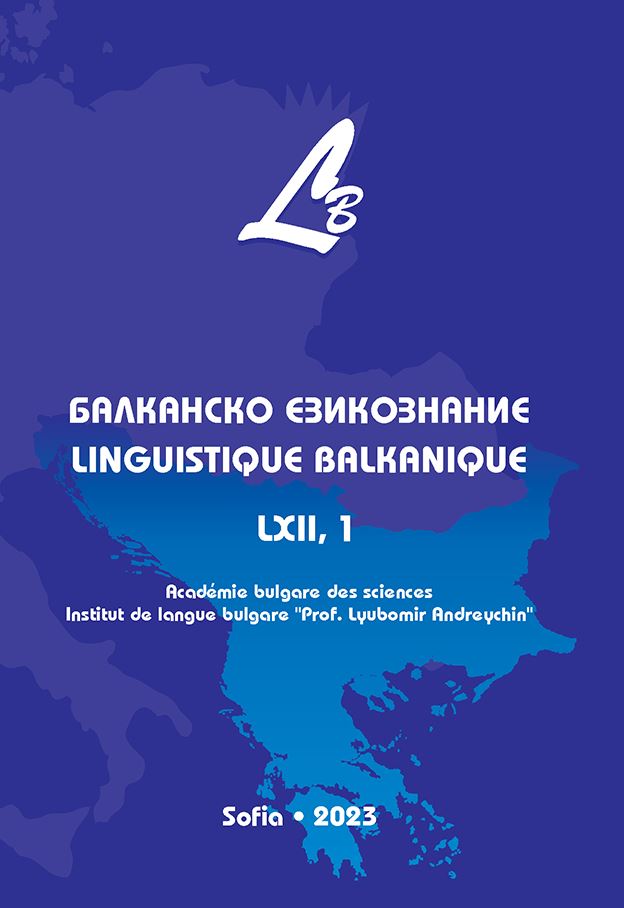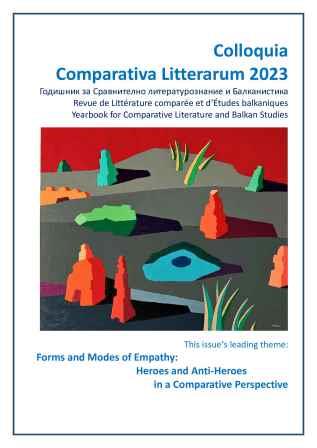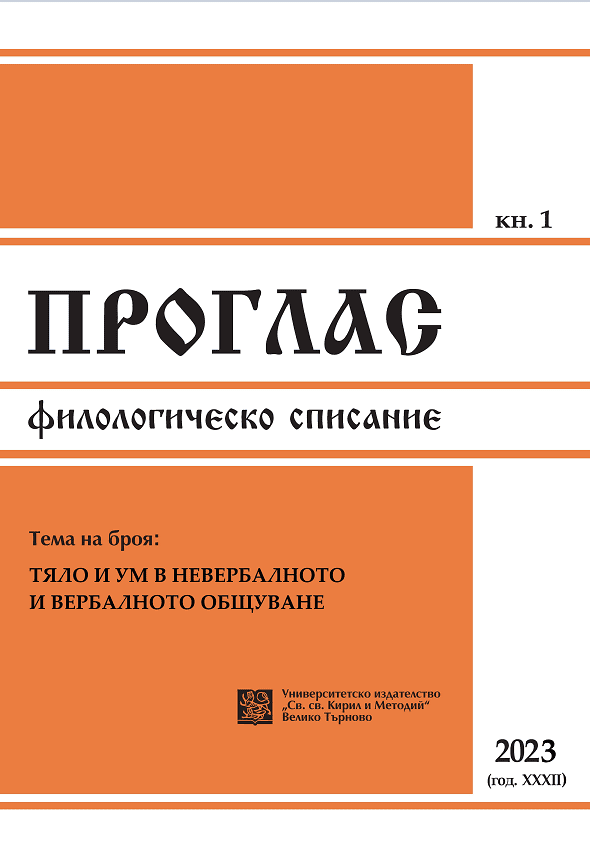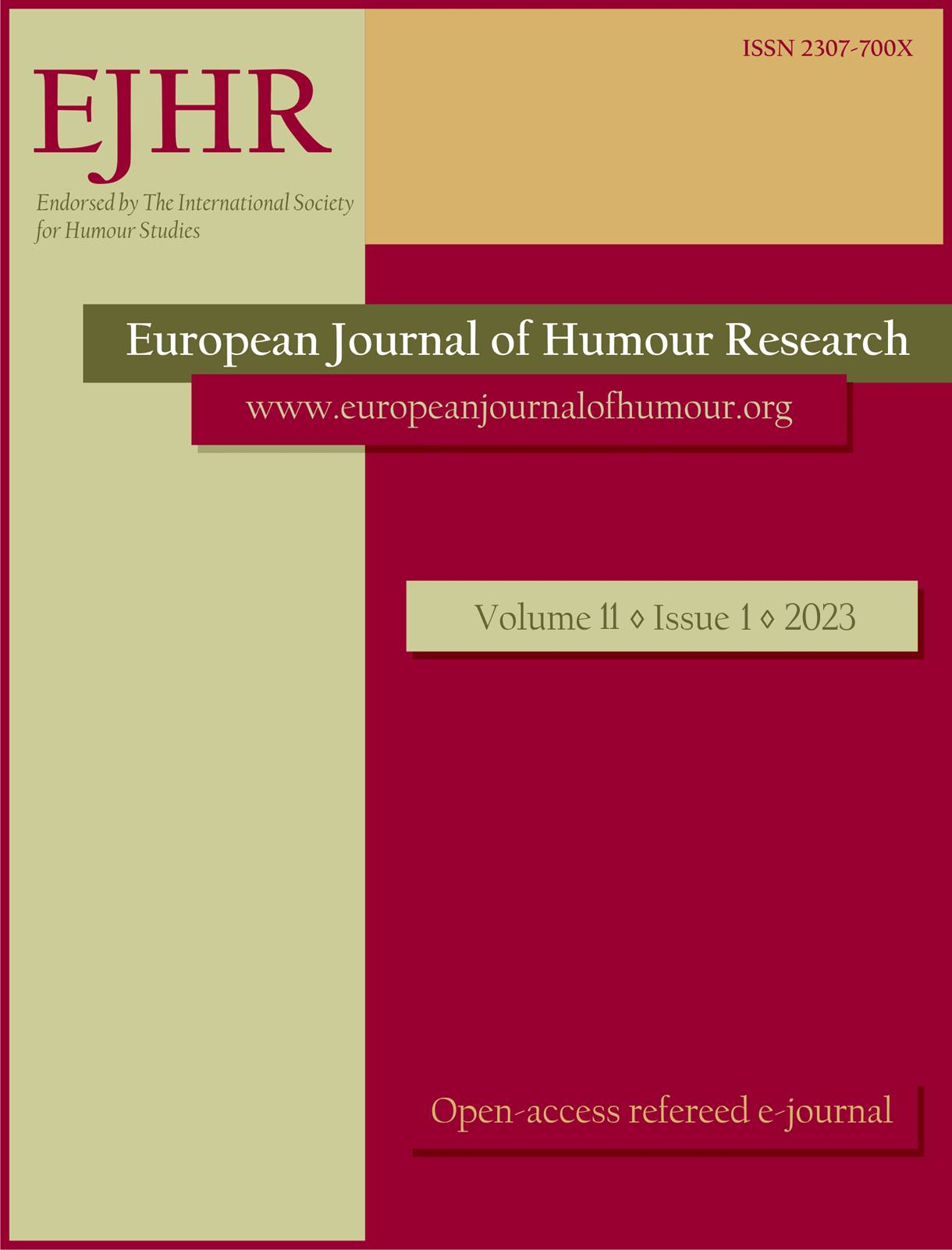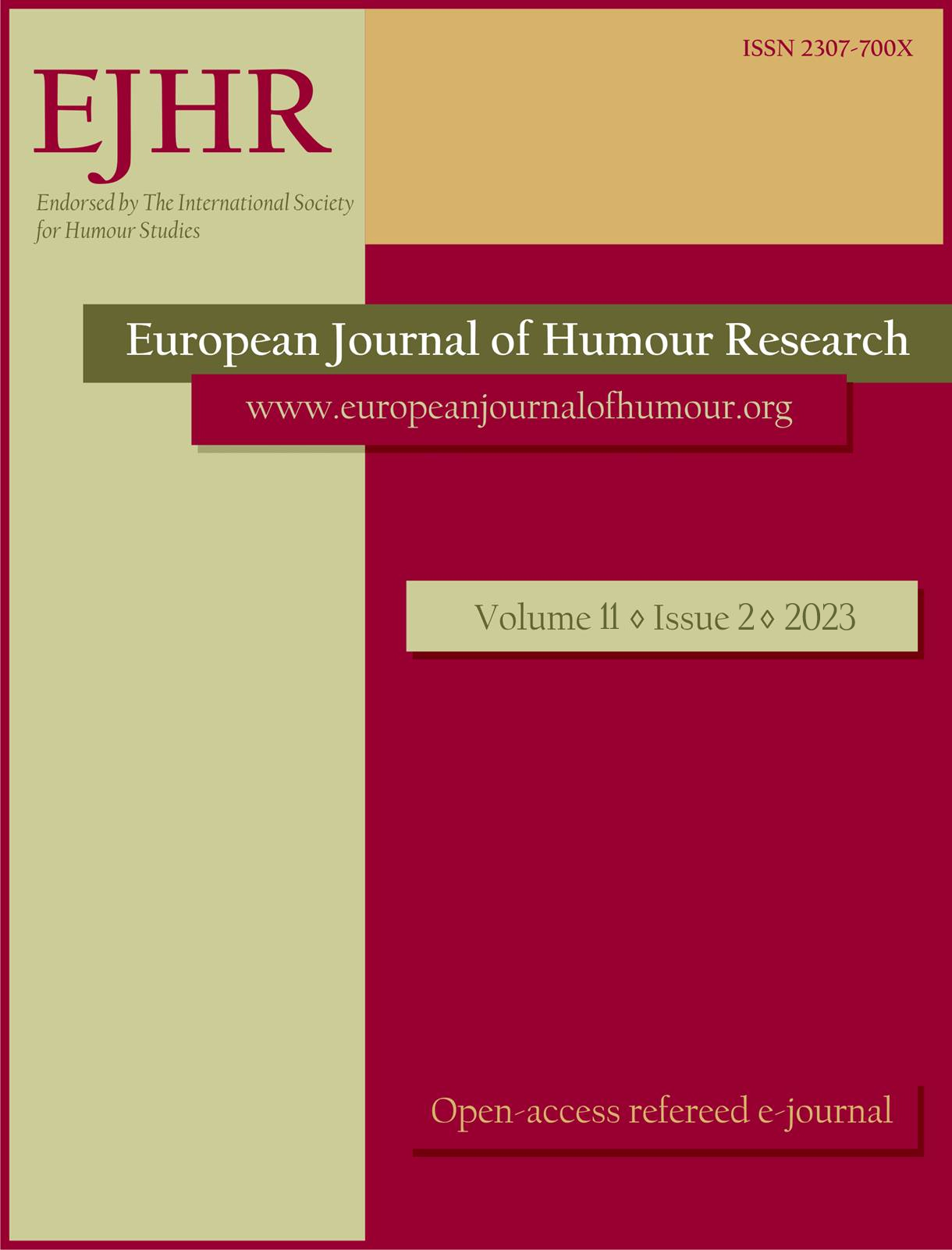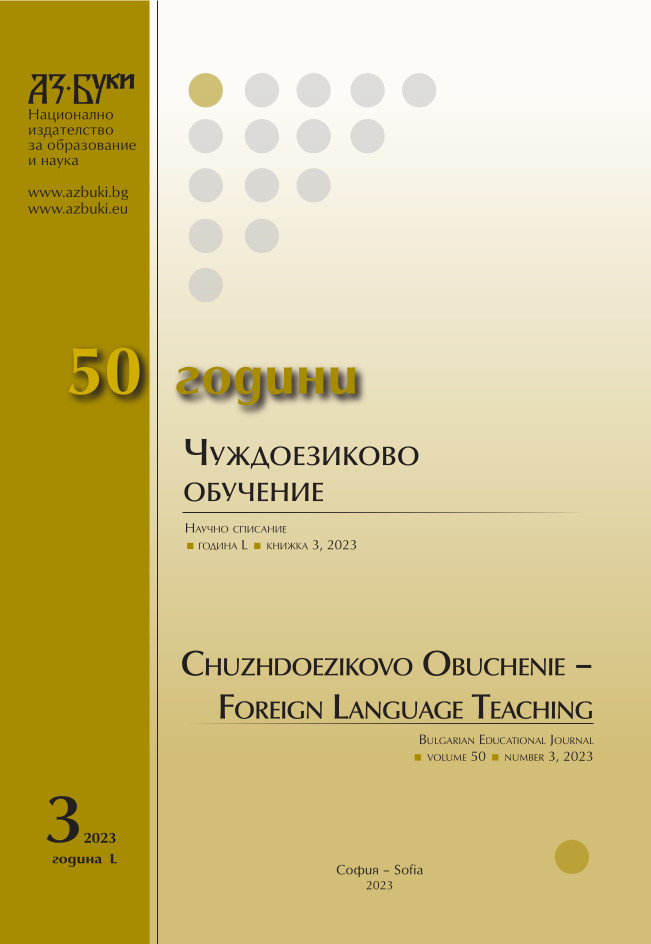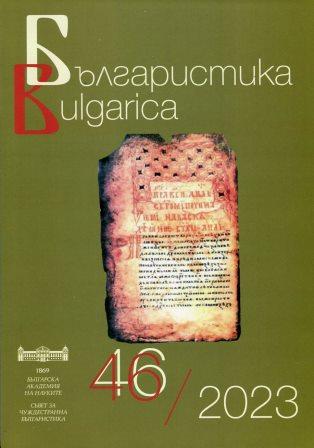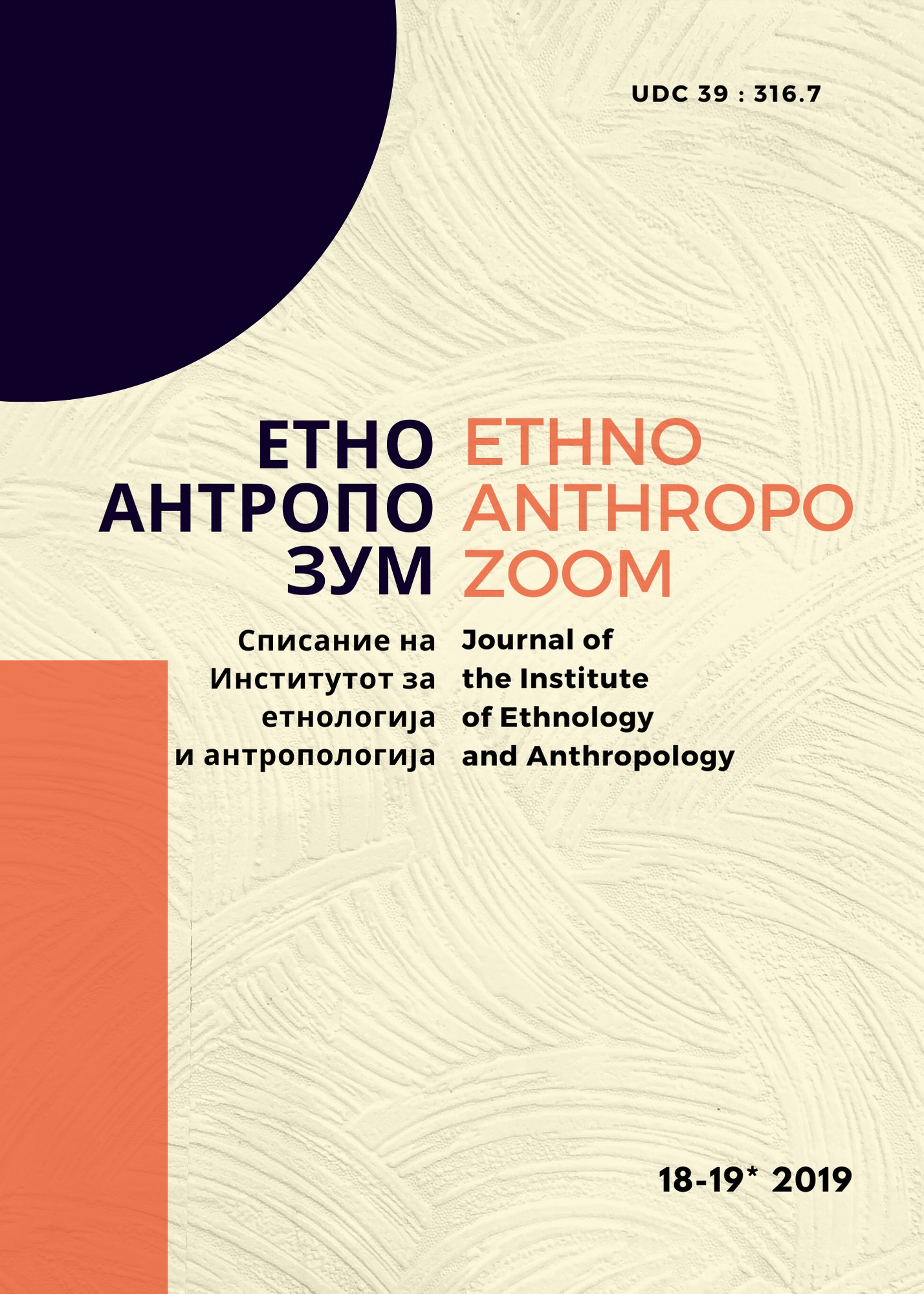
MACEDONIAN AND GREEK REFUGEE CHILDREN IN EASTERN EUROPE: LANGUAGE, POLITICS AND IDENTITIES
The paper uses life stories and archival evidence to explore the relations between Macedonian and Greek refugee children who escaped the violence of the Greek Civil War and grew up in children’s homes in Eastern Europe. More in particular it examines the dominant role of the Greek Communist Party on the refugees’ lives, the organization of Macedonian-language education and the tensions created by the anti-Tito campaign launched by the Cominform countries. It discusses the short-lived establishment of an autonomous Macedonian organization in Poland during the early 1960s. And finally, it analyzes the oral memories of both Greek and Macedonian refugee children about their mutual – largely harmonious - relations. The paper argues that the recovery of such memories in light of contemporary conflicts between the two countries might be an important resource for the future.
More...
